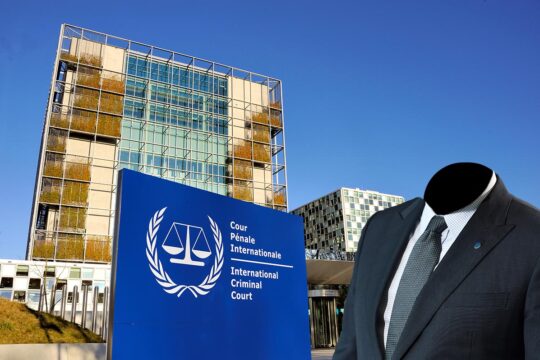As Ethiopian warplanes reportedly hit the Tigrayan capital with the first air strikes on the city since the early stages of the 11-month-old conflict, here is a timeline of the fighting in the restive northern region.
- Troops enter Tigray -
Military action begins on November 4, 2020 when Ethiopian Prime Minister Abiy Ahmed orders a response to what he calls a "traitorous" attack on federal army camps in Tigray.
He blames it on the region's ruling Tigray People's Liberation Front (TPLF), which dominated Ethiopian politics for nearly three decades before Abiy took office in 2018.
The TPLF denies responsibility and says the reported attack is a pretext for an "invasion" of Tigray.
Tens of thousands flee to neighbouring Sudan.
- 'War crimes' -
After 10 days of fighting, the United Nations warns of possible war crimes in Tigray.
Neighbouring Eritrea -- with which Abiy signed a peace deal in 2018 that helped him win the Nobel Peace Prize -- is reported to have sent troops into Tigray to help Abiy.
- Capital falls -
Two weeks later, having rejected peace talks, Abiy launches an offensive on Tigray's capital Mekele.
On November 28 he announces military operations are "completed", but fighting continues, hindering aid supplies.
- 'Ethnic cleansing' -
In February 2021 Amnesty International says Eritrean soldiers killed "hundreds of civilians" in November in the holy city of Axum.
US Secretary of State Antony Blinken urges Eritrea to withdraw and describes violence in western Tigray as "ethnic cleansing".
For months Ethiopia and Eritrea deny the involvement of Eritrean forces in the conflict.
But on March 23 Abiy admits Eritrean troops were there and the next day the Ethiopian Human Rights Commission says they massacred more than 100 civilians in Axum.
- Withdrawal? -
In early April, Ethiopia says Eritrean troops have "started to evacuate" Tigray, but on April 15 the UN says there is no evidence of them pulling out.
- Famine -
As international outrage mounts, AFP obtains government documents showing Eritrean troops are looting and blocking food aid.
In late May, US President Joe Biden calls for a ceasefire and says rights abuses "must end".
In June the World Food Programme warns of a risk of famine in Tigray.
Elections are held across much of Ethiopia, but not in Tigray.
- Deadly market air strike -
At least 64 people are killed and 180 injured in an Ethiopian air strike on a market in Togoga on June 22.
The attack was aimed at rebel fighters, Ethiopia's military insists.
- Rebel advance -
Tigray's interim government flees on June 28 in the face of a rebel advance on Mekele.
The federal government announces a "unilateral ceasefire" but the rebels -- who continue to push south -- vow to fight on if their demands are not met.
On July 14, four days after Abiy's party wins national elections, he vows to repel the rebels.
The next day three Ethiopian regions deploy forces to back military operations in Tigray.
- Conflict spreads -
The conflict spreads to two neighbouring regions, Afar and Amhara, with Tigray rebels seizing Lalibela and its sunken rock-hewn churches, a UNESCO World Heritage site, in Amhara on August 5.
- Population called up -
The next day the rebels rebuff US calls to withdraw and Ethiopia warns it could deploy its "entire defensive capability".
On August 10 Abiy calls for civilians to join the armed forces.
- Mekele air strikes -
Abiy is sworn in for a new five-year term in office on October 4.
Two weeks later, in a new phase in the conflict, Ethiopian aircraft carry out two air raids on Mekele, according to humanitarian, diplomatic and rebel sources.
bur-ang-eab-fg/txw/ach


